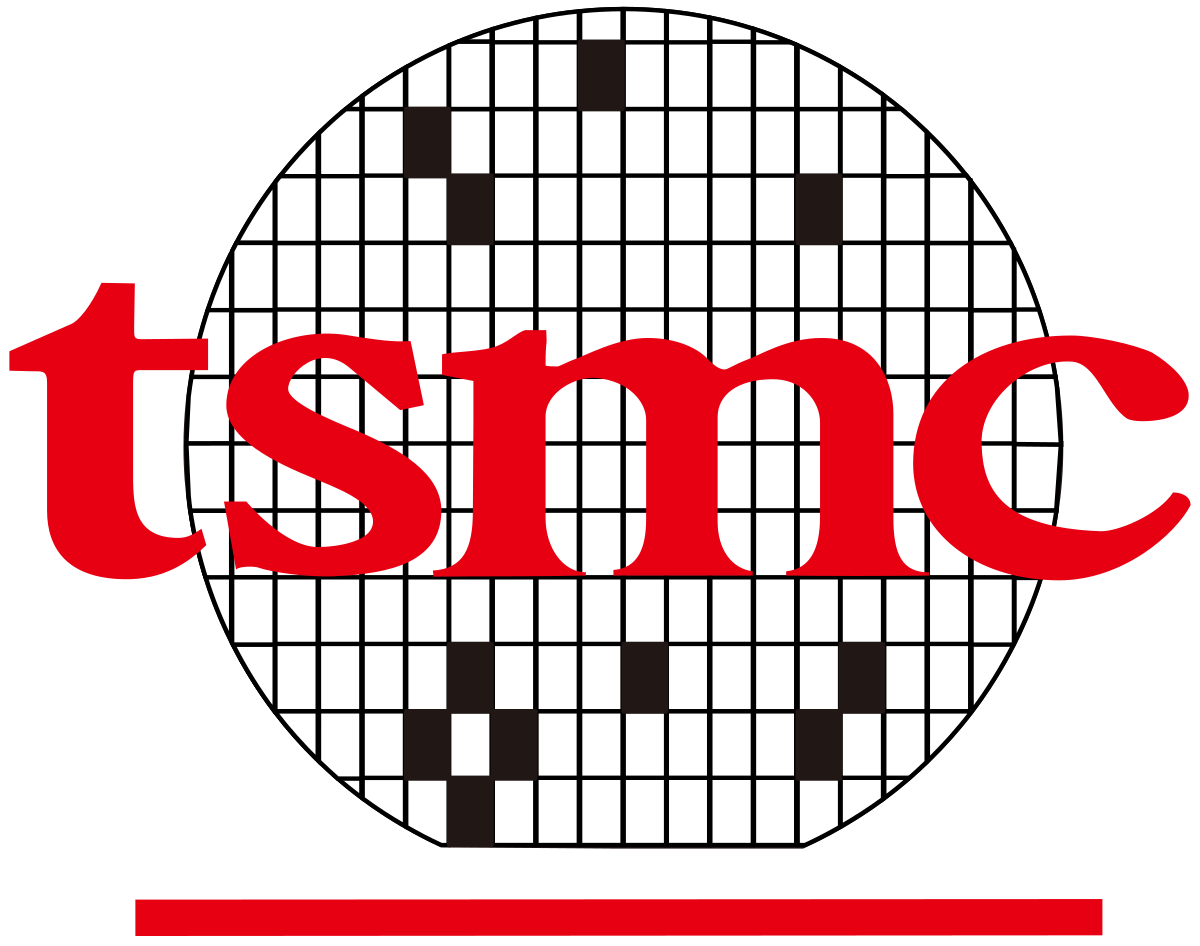
Earnings Per Share (EPS) of $2.18, slightly above the estimated $2.17.
Revenue reached approximately $26.26 billion, slightly below the forecast of $26.32 billion.
Strong demand for AI chips drove a 38.8% year-over-year revenue increase for the December quarter.
Taiwan Semiconductor Manufacturing Company (NYSE: TSM) is a leading global supplier of integrated circuit foundries. On January 16, 2025, TSM reported earnings per share (EPS) of $2.18, slightly surpassing the estimated $2.17. The company’s revenue was approximately $26.26 billion, just below the estimated $26.32 billion. TSM’s performance is closely watched by investors, given its significant role in the semiconductor industry.
TSM’s fourth-quarter results were impressive, driven by strong demand for AI chips. The company’s revenue for the December quarter increased by 38.8% year-over-year, reaching NT$868.46 billion, as highlighted by CNBC. This growth underscores TSM’s ability to capitalize on the ongoing AI boom. The company’s net income surged by 57%, amounting to NT$374.68 billion, reflecting its robust financial health.
Wall Street anticipated TSM’s Q4 sales to rise by 34% to $26.38 billion, compared to $19.62 billion in the same quarter last year. The company’s EPS was expected to surge by 50%, reaching $2.16, up from $1.44 per share a year ago. Historically, TSM has delivered an average EPS surprise of 7.9% over its last four quarterly reports, showcasing its consistent performance.
TSM’s financial metrics provide insight into its valuation. The company has a price-to-earnings (P/E) ratio of approximately 168.08, indicating that investors are willing to pay $168.08 for every dollar of earnings. Its price-to-sales ratio stands at about 13.32, suggesting that investors are paying $13.32 for every dollar of sales. These ratios reflect investor confidence in TSM’s future growth prospects.
TSM maintains a strong financial position with a debt-to-equity ratio of 0.23, indicating a relatively low level of debt compared to its equity. The current ratio of 2.51 shows that TSM has a strong ability to cover its short-term liabilities with its short-term assets. These metrics highlight TSM’s financial stability and its capacity to navigate market challenges effectively.

